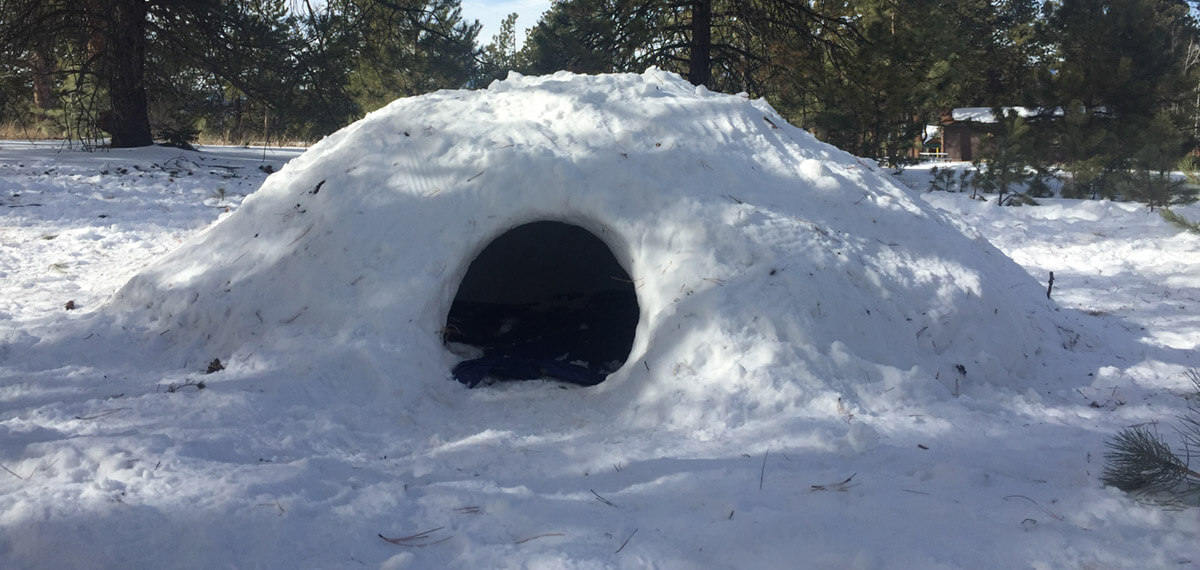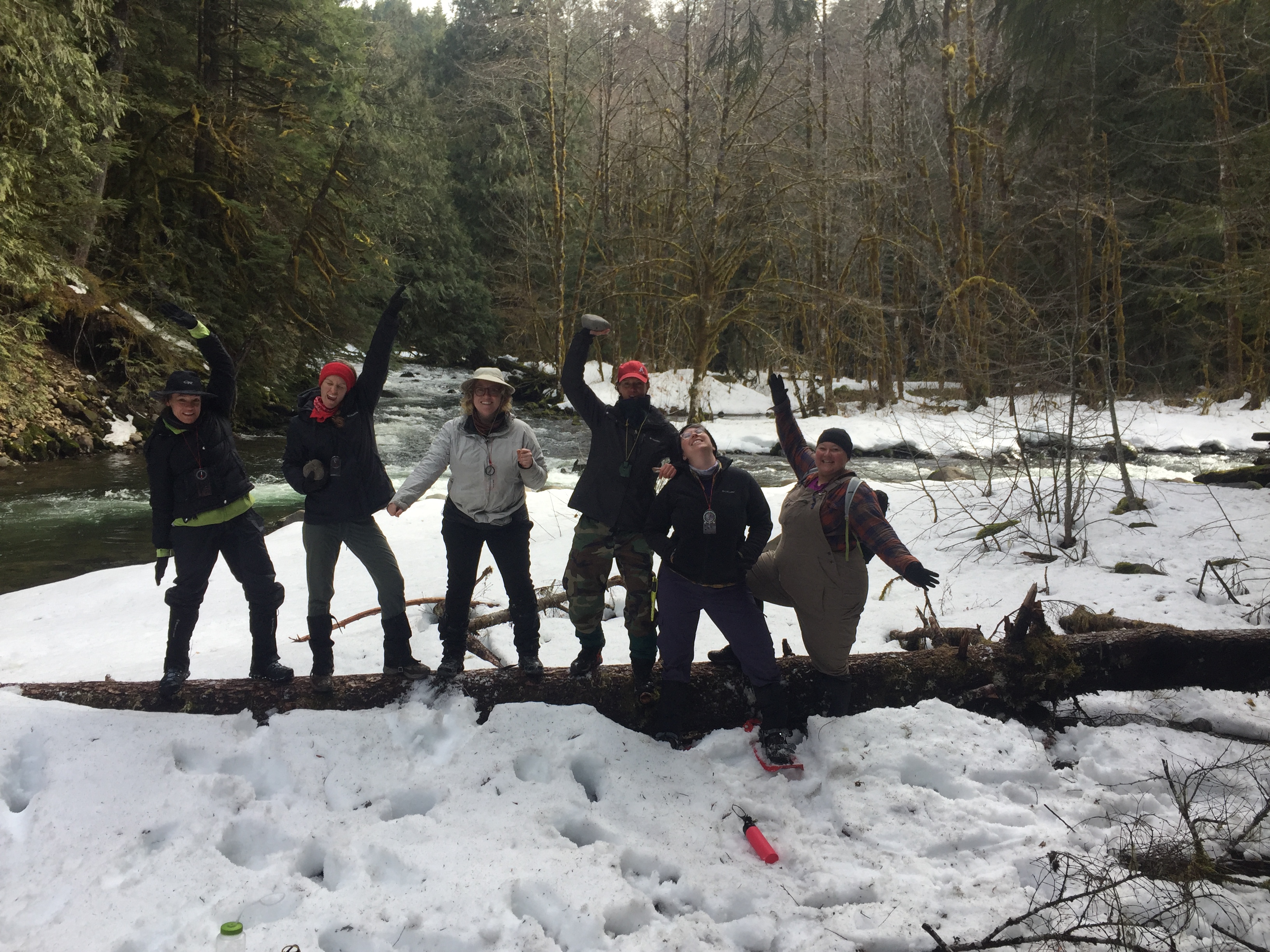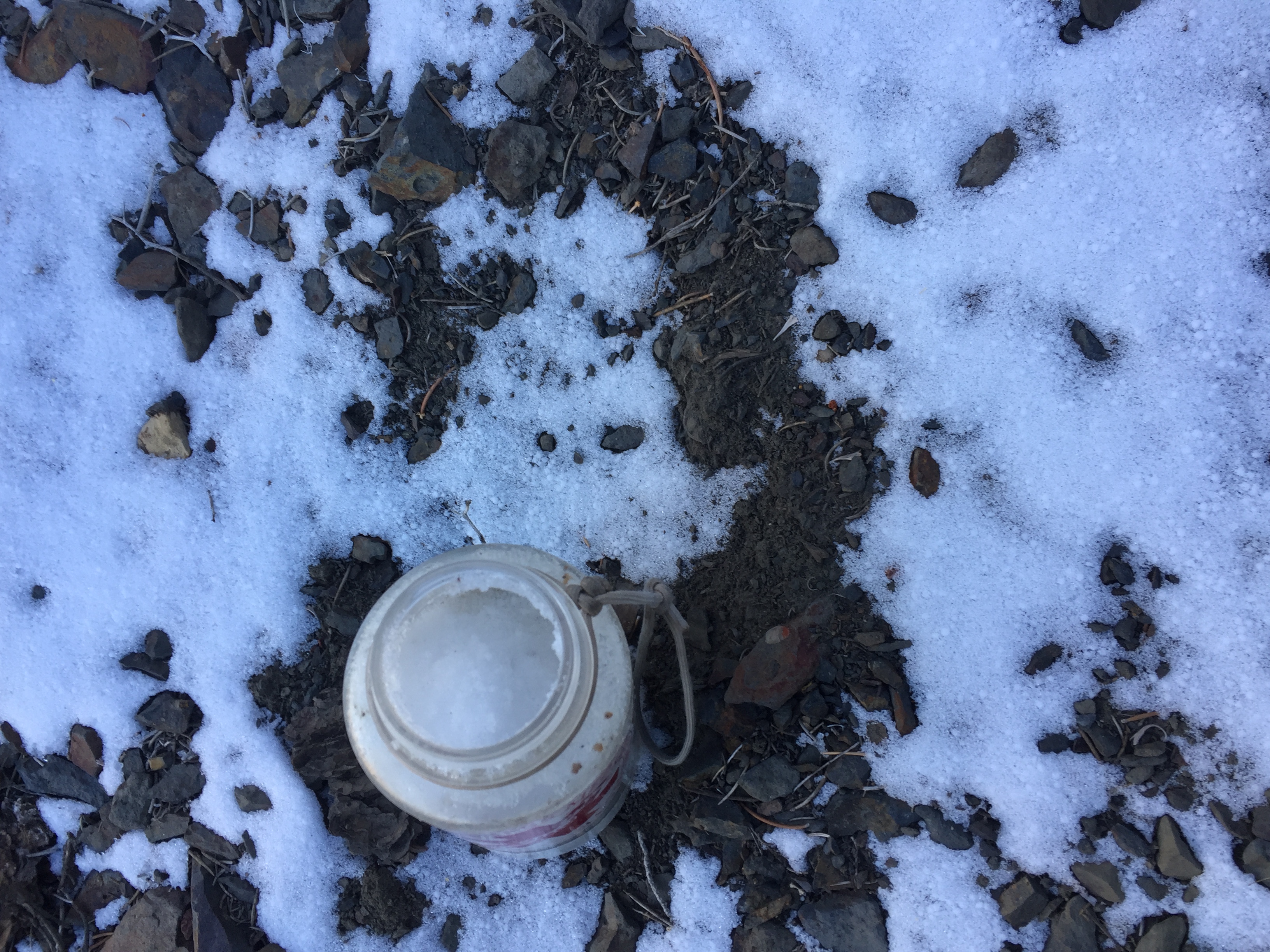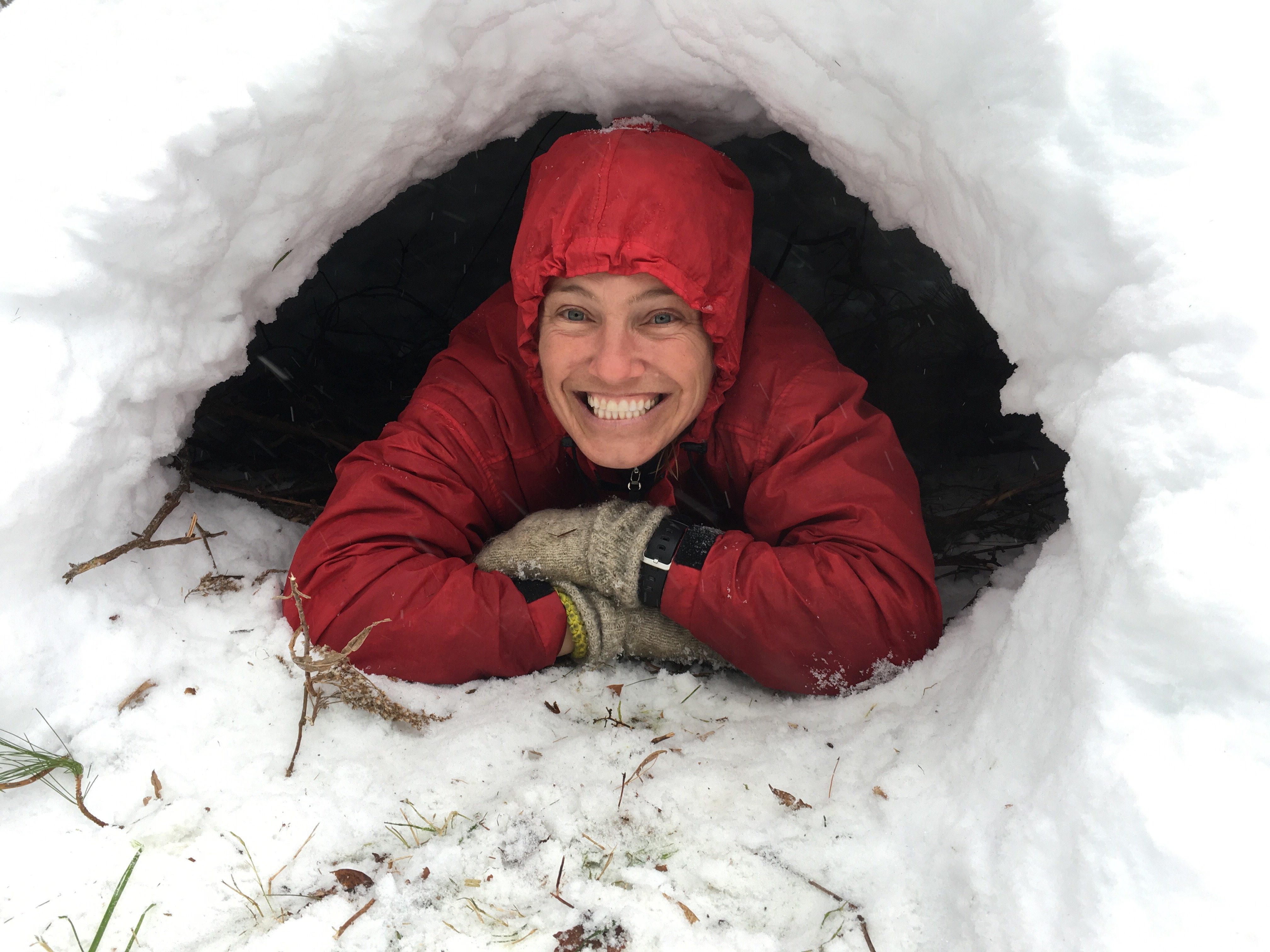
Outdoor Adventure Tools, Tactics, & Emergency Response
For: Hikers, Backpackers, Campers, Skiers, Snowboarders, Snowshoe lovers, Drivers (especially those that like taking the scenic routes!), and anyone else that travels outdoors in cold weather.
Training covers: This 3 Day/2 Night Weekend Intensive Training is a winter focused field exercise covering Core Survival Training Essentials relating to the five basic needs of a survivor. Students may build on previous experience from their 1 Day Core Survival Basics training by focusing on meeting the five basic needs in one of the most demanding environments: arctic. This can also be taken as a stand-alone course for those who are most interested in how to stay alive in wintry conditions.
Complete Course Description:
The Five Basic Needs: What are they and how can you meet them in an arctic climate?
1. Signaling
2. Personal Protection: Clothing/Equipment, Shelter, Fire
3. Health
4. Travel Techniques
5. Sustenance: Water, Food
Your Knife/Tools: How to choose the right one for your needs, how to choose a good sharpening device and how to sharpen and maintain your knife in top condition.
1. Choosing the right one/s for cold weather
2. Sharpening tools
3. How to sharpen
4. How to keep it in top shape
Signaling: Learn methods to make yourself BIG in snowy conditions, how to aid rescuers in your own recovery and return home safely.
1. The three types of signals
2. What to look for in a good Signaling/Recovery site
3. Ways to build ground-to-air signals in deep snow
4. Preparing a recovery site, vectoring in rescuers, winter considerations, etc…
Travel basics: Learn simple navigation concepts to keep safe and in control if you must move.
1. When to/not to travel
2. How to use a map and compass, and natural navigation aids
3. Safe movement techniques and improvised snowshoe designs for deep snow

Water: An essential and fairly immediate need in virtually every survival situation
1. Practice how to find it in winter
2. Ways to melt and prepare it for consumption
3. Learn how to protect your source and methods to keep it from freezing
Knots: Learn the “hammer and nails” of a survivor. With a knowledge of knots, you can improvise more effectively and keep you and yours safer.
1. Nomenclature of a line/rope
2. What makes a “good” knot?
3. Learn several multi use, effective knots and their uses
4. Practice using knots over the course of the weekend
Shelter basics: Learn several types of cozy winter shelters you can make.
1. What to look for in a shelter site and the winter hazards to avoid
2. How to choose a shelter type that works for the situation at hand
3. Make your own winterized shelter for the night
4. Practice making a natural insulation bed
5. Practice winter shelter living considerations
Fire principles: Learn the fundamentals that many folks skip over and thus end up failing when a fire is most needed and is the hardest to make: in cold, wet and/or snowy weather.
1. Become familiar with the fire triangle and how to balance it
2. Locate and prepare fire materials that may be available in arctic conditions
3. Practice working with fire from ignition to banking
4. Learn concepts for working successfully with fire specifically in winter conditions
Food: Learn how to use wisdom in your decisions around food when in a serious situation.
1. How to ration what you have
2. Learn winter sources of edible plant matter
Survival Kits: Learn how to make a kit for arctic scenarios.
1. How to use the basic needs format to design a kit
2. What types of items to choose based on the type of kit you’re making
Class size: 10 participants max.
What to Bring/Wear: (Dress suitable to the weather, be prepared for changes!)
- Weatherproof hiking boots or winter boots
- Snow gaiters
- Long pants (wool or synthetic best)
- Long sleeve shirt (wool or synthetic best)
- Sun Hat
- Three extra pairs of socks (one pair thick, fluffy, and less snug for sleeping only)
- One extra set of underclothes
- Rain/wind gear
- At least 2 liters of water storage capacity (water bottles or bladders)
- 2 Lunches, 2 Breakfasts suitable for camping (please ask if you have questions) Dinners will be provided Friday and Saturday night
- At least one knife to use and practice sharpening with (it should have a sheath as well if it is not a folding/locking blade knife)
- A bowl and/or cup
- Sleeping bag/system (rated appropriately for temps well below freezing)
- Insulation pad
- Leather gloves
- Weather Cover (Tarps or tents appropriate for winter.) If you bring a tarp please bring about 50 feet of paracord or other strong line to tie it up with. Please check with us if you are not sure what to bring.
- All necessary medical items (prescriptions, braces, etc. sufficient for at least 5 days)
- Warm layers such as:
- warm hat
- neck gaiter/s
- balaclava
- gloves (finger-less and/or regular) or mittens with liners
- snow pants (recommended not required)
- fleece, wool, or some other type of thick insulative layer or two for top and bottom
Optional Items to bring:
- Long johns/insulative underwear
- Survival items you have questions about or want to practice skills with (maps, compasses, shelter pieces, fire starters, survival or medical kits, winter gear, etc)
- Sunscreen
- Sunglasses or safety glasses
- Camp chair/crazy creek/sit pad
- Note taking materials
- Eating utensils
- Snowshoes
Dates and Time: Starting 4 pm Friday to 4 pm Sunday. Available class dates are noted below.
Please don’t bring pets or young children unless cleared through SERE Training School Directly.
Training Locations: All weekend courses will be within a one-hour drive of the city listed in the class title. Directions to specific class locations will be emailed to you after registering for a particular class-please see below for class dates and general locations.
Additional Training Options: We also design private courses, team-building retreats, corporate events, private parties, and more. If you’d like to explore these options please email us at Info@SERETraining.us